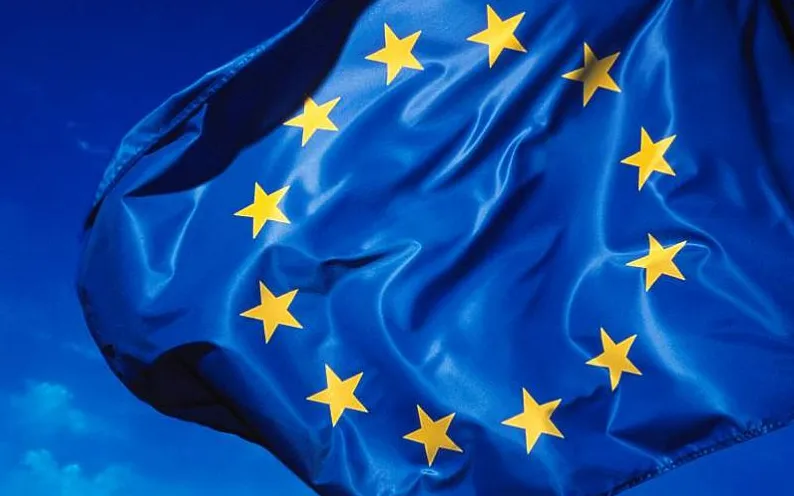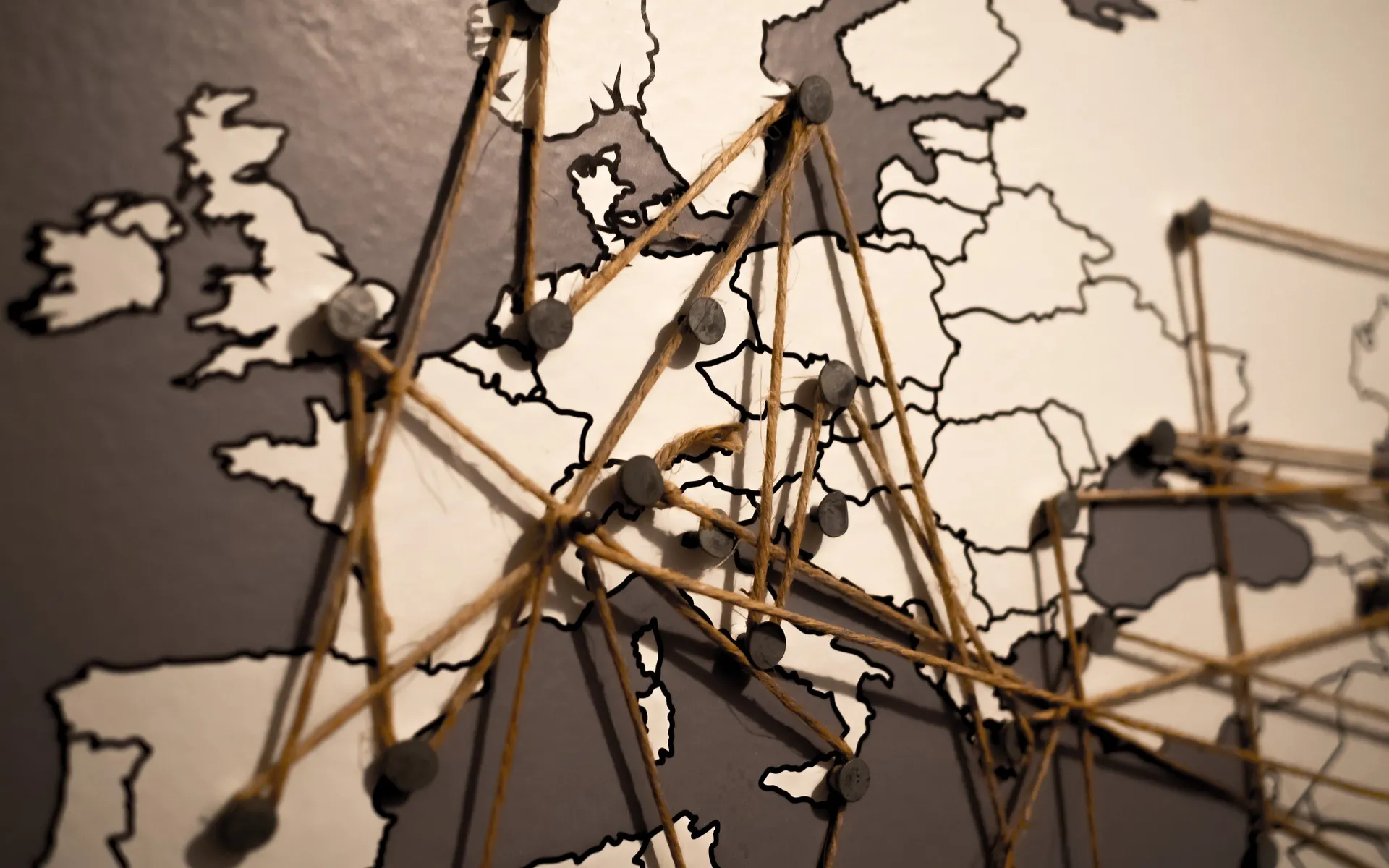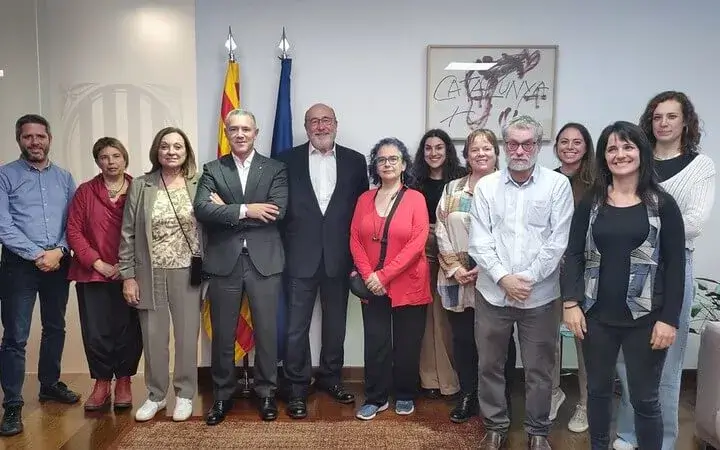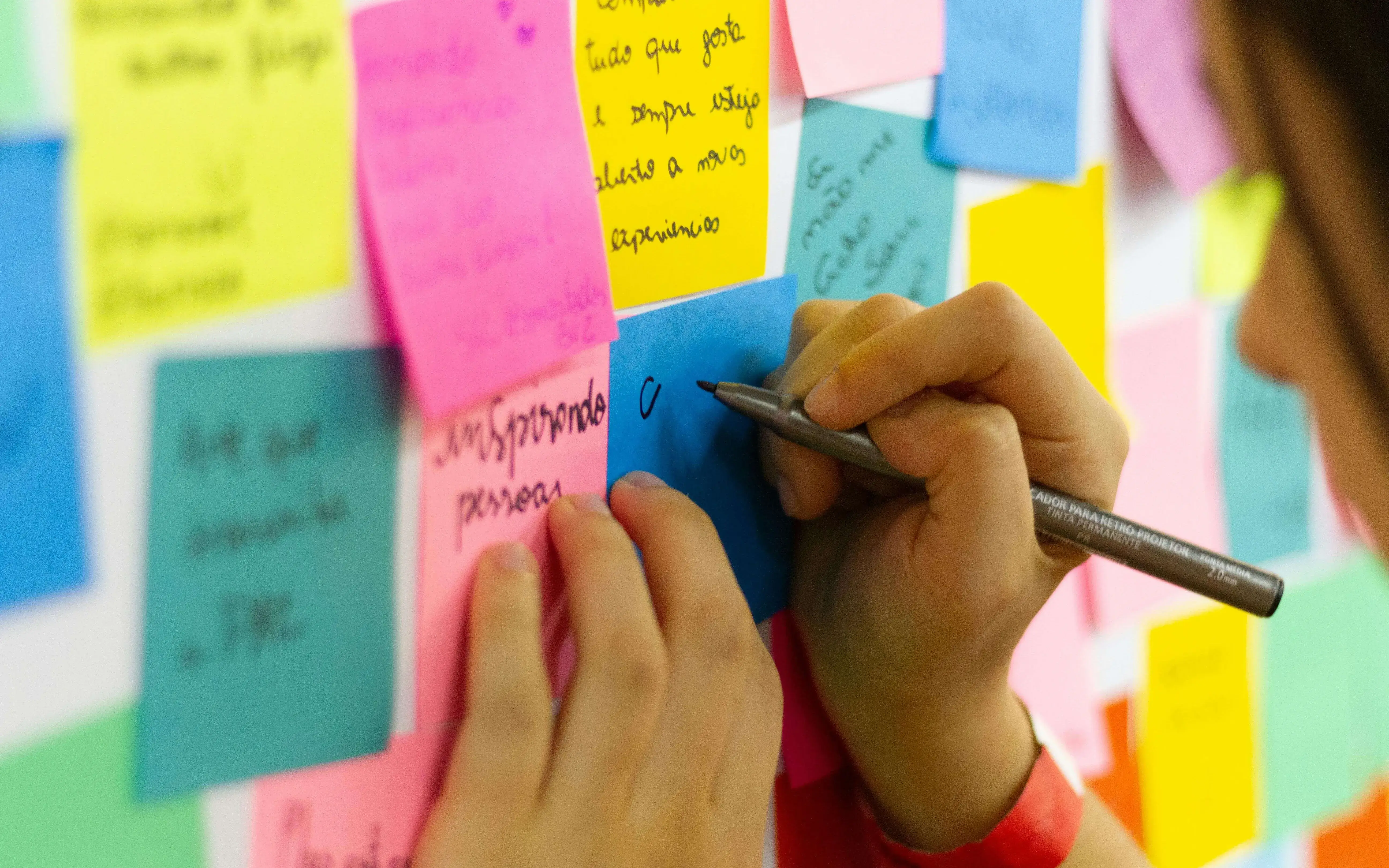What do you need to consider before participating in European calls? Here you have six very basic tips.
1. Europe isn’t a source of income
European calls are not aimed at financing organisations’ ordinary activities; rather, they intend to support innovative initiatives. Therefore, if you’re looking at setting up new programmes, innovating in the methods of intervention, training your professionals or developing pilot projects, European calls are the best way of gaining financial support.
2. Board support
Europe is a mid to long-term investment. That is why it is essential to have the board support of your organisation and a professional part-time dedicated to identify and work the existing EU programmes and its calls for proposals, working on alliances with other organisations, etc.
3. Languages
If we wish to participate in European projects, we must make sure that our organisations has few professionals able to work in English. It is also advisable to have some knowledge of French.
4. Trans-nationality
Most of European calls do not finance projects that are developed in only one territory. Proposals submitted must involve partners from other countries. Hence the importance of dedicating time to get to know good and trustable partners, establish alliances with other organisations, etc.
5. The roles in projects
There are two ways of participating in European calls.
- Project coordination: these organisations are in charge of coordinating the team of partners participating in the project, drafting the proposal for submission, following-up on the financial and technical sides, etc. They are also the organisations responsible for the project vis-à-vis the European Union and must allocate some of their time to additional management tasks both in the preparatory and development stages and also at the end of the project and to provide justification. These management tasks may be externalised to other organisations or people with a greater experience and preparation.
- Partners: most of the times these organisations join the proposal prepared by the project coordinator, as long as it fits in with their fields of interest and needs. They are responsible of the quality of the products and they respond to the project coordinator (not the EU). This role is advisable for organisations that are just getting started.
6. First steps
In a nutshell, before participating in a European project you must:
- Define the topics for which the organisation wishes to innovate.
- Have a clear idea of the resources the organisation can invest to start working and the dedication of the person in charge of taking the first steps.
- Visiting or going for interviews with the facilitators in the country.
- Involve in a training to know about the existing calls and programmes: the European Union has over 45 programmes ranging within the fields of livestock to nuclear energy. It is important to know which of these programmes is best suited to your topics and profile.












Add new comment